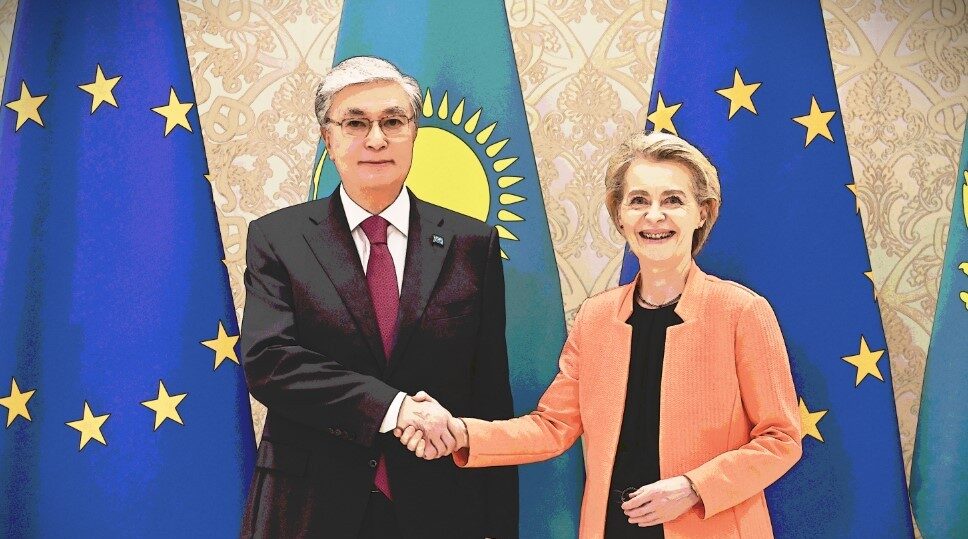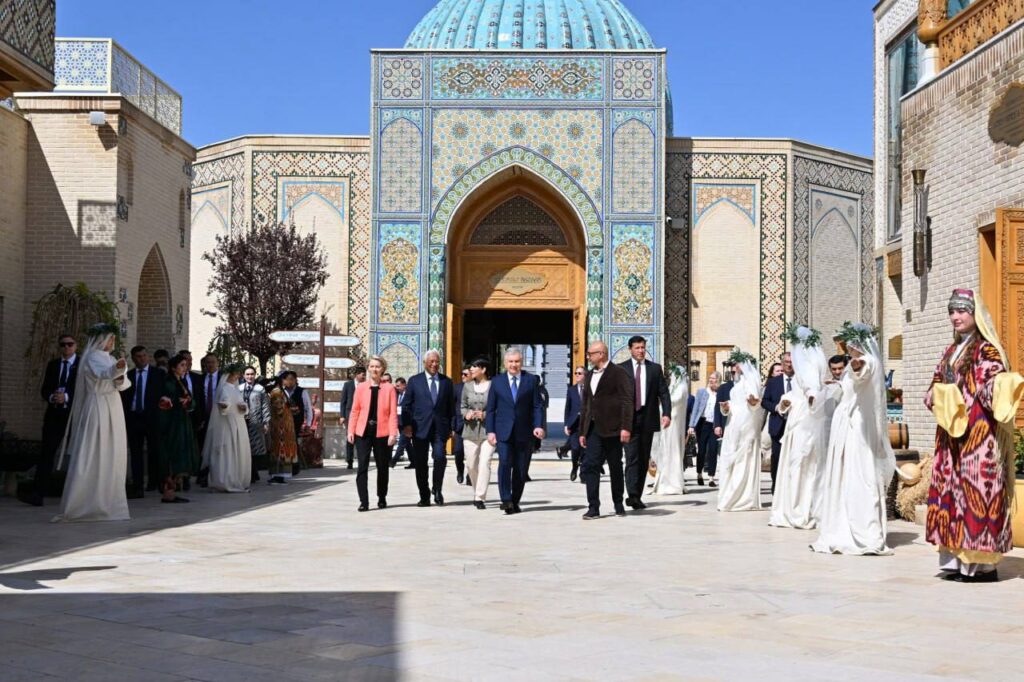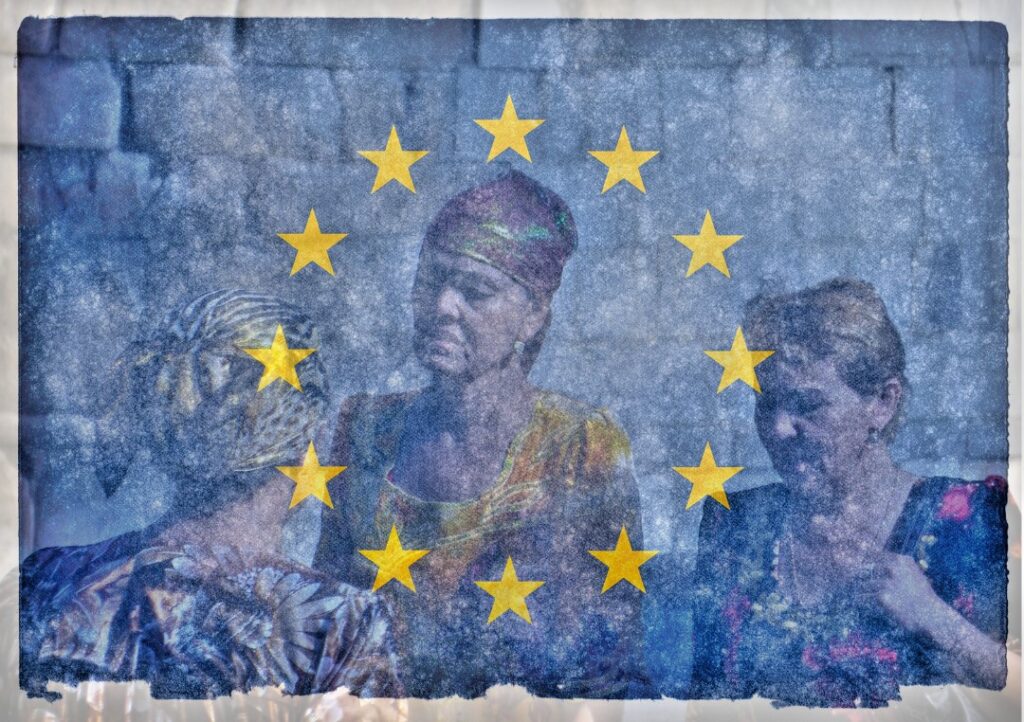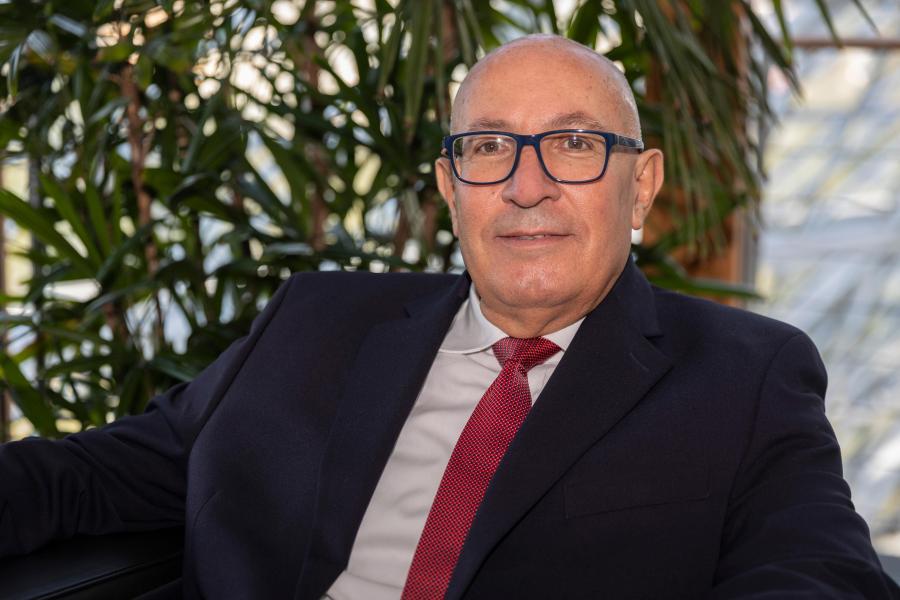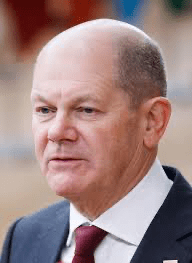Why Europe Is Betting Big on Kazakhstan’s Future
On April 3, Kazakhstan’s President Kassym-Jomart Tokayev met with European Commission President Ursula von der Leyen in Samarkand, ahead of the Central Asia–European Union summit. Although the meeting was brief, it came at a key moment, bringing into focus a set of shared economic and technological priorities that both sides increasingly treat as strategic. Tokayev made his position plain: Kazakhstan is looking to push forward in four core areas of cooperation with the EU: energy, industrial infrastructure, transport and logistics, and digital technology. Each of these lines up with the country’s broader goals for economic modernization. The two leaders also acknowledged recent steps toward a simplified EU visa regime for Kazakhstani nationals, which would ease movement for businesses and professionals in both directions. The meeting itself fits into a growing pattern. It builds on the first five-country Central Asia–EU leaders’ summit held in Astana back in October 2022. That gathering marked a turning point, putting the EU’s regional engagement on firmer institutional footing. It went beyond symbolic gestures and aimed at unlocking concrete investment opportunities. Since then, the EU has moved quickly to back up its commitments with financial and logistical support. Much of this has flowed through the Global Gateway initiative, a flagship program designed to channel European investment into infrastructure projects in developing and strategically situated economies. The European Bank for Reconstruction and Development (EBRD) has had a visible role in this process, running studies and financing projects across the transport, energy, and trade connectivity sectors. One EBRD-backed report, published in 2023, offered a striking projection: around €18.5 billion would be needed to scale container transport between the EU and Central Asia by a factor of eight. The goal was to go from fewer than 100,000 TEUs per year to roughly 865,000 by 2040. In response, the EU and the EBRD convened an Investors' Forum in early 2024, bringing in more than €10 billion in early-stage pledges. A second forum is now scheduled for 2025, with new focus areas, including mining, supply chains, and processing industries. During the Samarkand discussion, von der Leyen underlined the strategic significance of the Middle Corridor, also known as the Trans-Caspian International Transport Route (TITR). This project has been gaining traction in EU planning circles as an alternative to routes running through Russia or the Gulf. The corridor promises not only economic returns but greater resilience in east–west supply chains. Kazakhstan, by geography and by political posture, is positioned at the center of this shift. Its participation is not just beneficial but also structurally important. The timing of the meeting was also notable. Just a day earlier, Kazakhstan’s Ministry of Industry and Construction had announced a major find: a substantial deposit of rare earth elements at the Kuirektykol site. State-supported geological teams working in that region reported an estimated one million tons of potential material. Preliminary surveys from two zones, Irgiz and Dos 2, showed mineral content exceeding 0.1%, with some samples reaching as high as 0.25%. This level is a strong signal...
